What about real-life communities?

How To Build Real-life Community
Last week, I spent about 1500 words discussing ways in which community can be built online. This week, I want to explore how technology can improve our real life communities.
The lay of the land
There is evidence to suggest that American communities are extraordinarily divided.
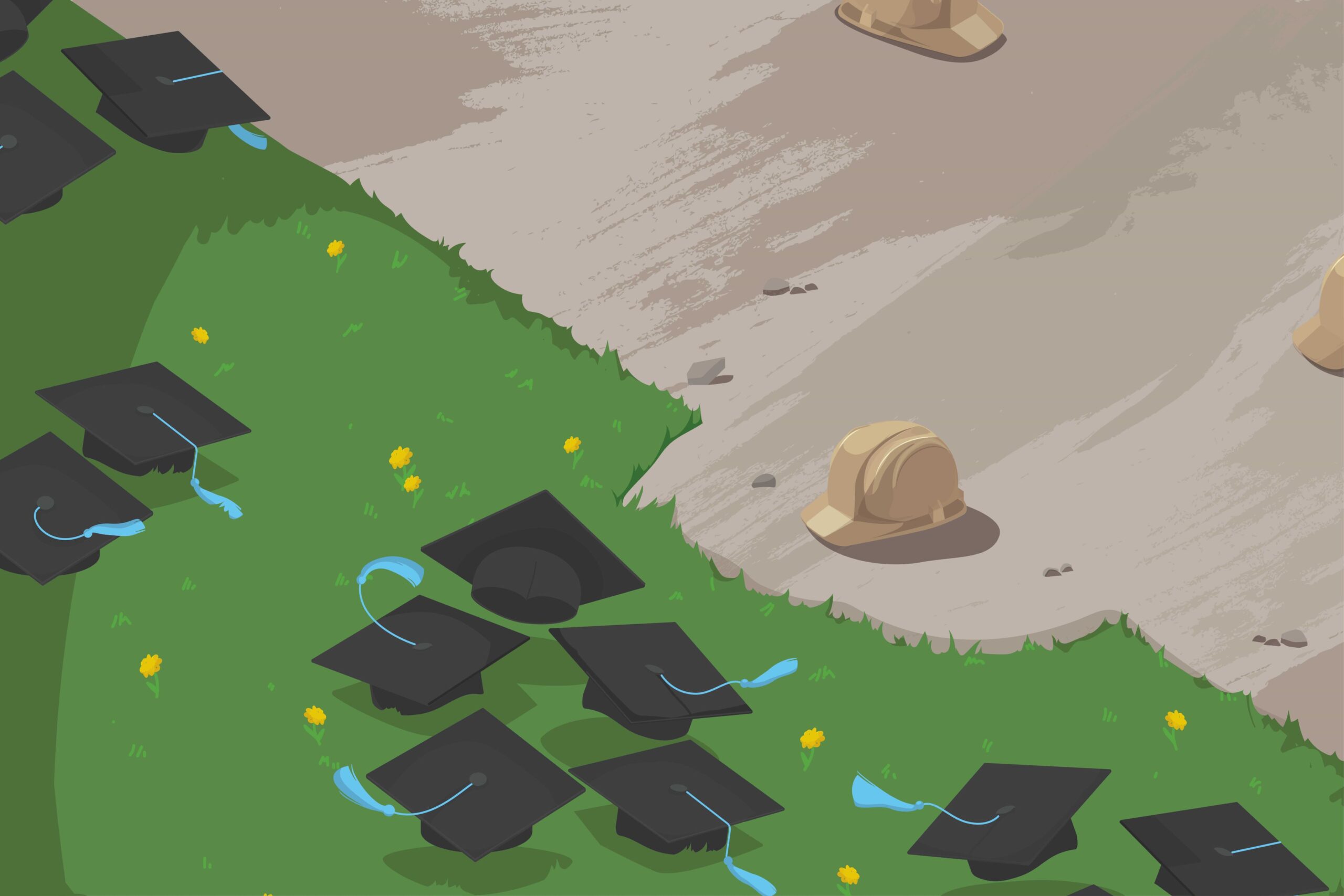
Between class divisions, political divisions, and remnant mid-century racial divisions, Americans are spending less and less time in community with each other. Third spaces (non-home, non-work public places conducive to chit chat and social gatherings) are drying up.
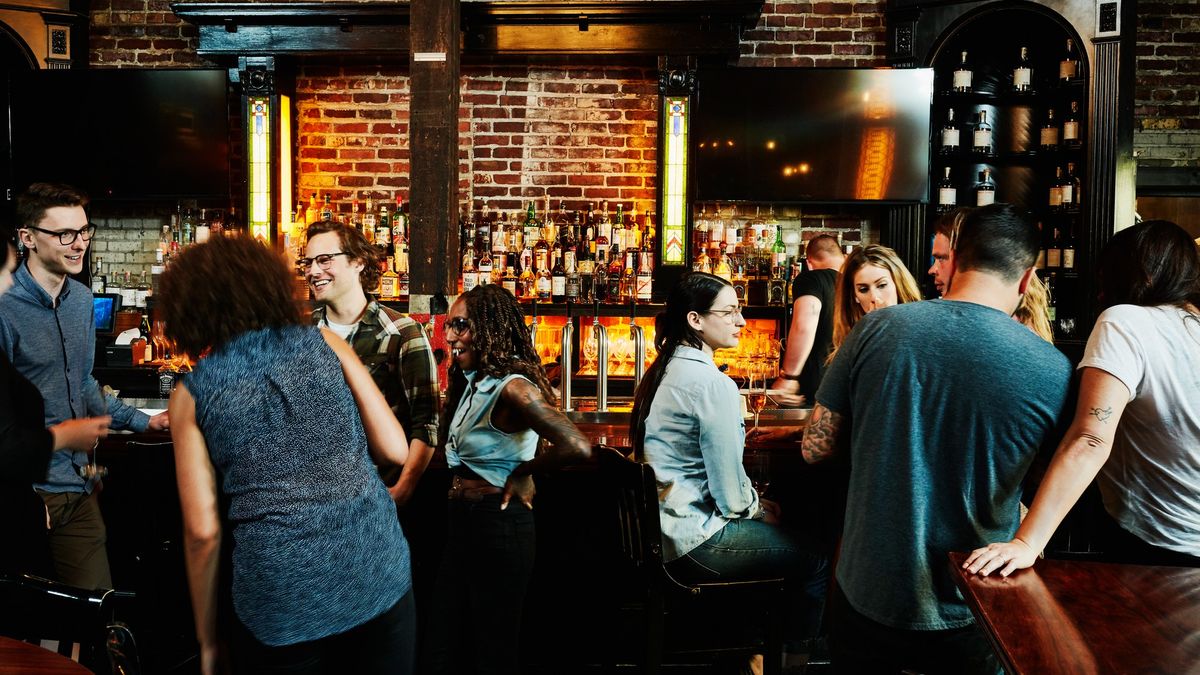
Much has been written about how and why this trend is taking place. There's the glaringly obvious one: the pandemic. And then there are others, including:
- The rise of online spaces like social media and social gaming
- Wealth inequality
- Decimation of public funding in parks, libraries, and arts spaces
- Prioritization of car infrastructure over pedestrian infrastructure
- Cost of living/rent and property expenses
With the growth of so-called technological "solutions" like video doorbells and Nextdoor, increasingly antagonistic rhetoric from fascistic political opportunists, and the ease with which an individual can shut out the outside world, it is no wonder that things feel more chaotic than they used to.
For many people older than I am (28, by the way), they can readily call to mind what it was actually like to live through the 1960s and 1970s. These were times of unprecedented division, violence, and chaos that yes, do echo in our lives now. Coast to coast: economic uncertainty, nuclear threats, legalized racial segregation, political violence and assassination. The literal draft. Despite all of this, these people had pretty thriving "third spaces." These decades comprise the early visions people of my generation have of kids on bikes, out getting into trouble until sundown.
How can we get some of that back? How can our communities and neighborhoods wake up from under the heavy blanket of fiber optics and 5G and push notifications? Here are some ideas and the technology that can supercharge them.
Saving local news
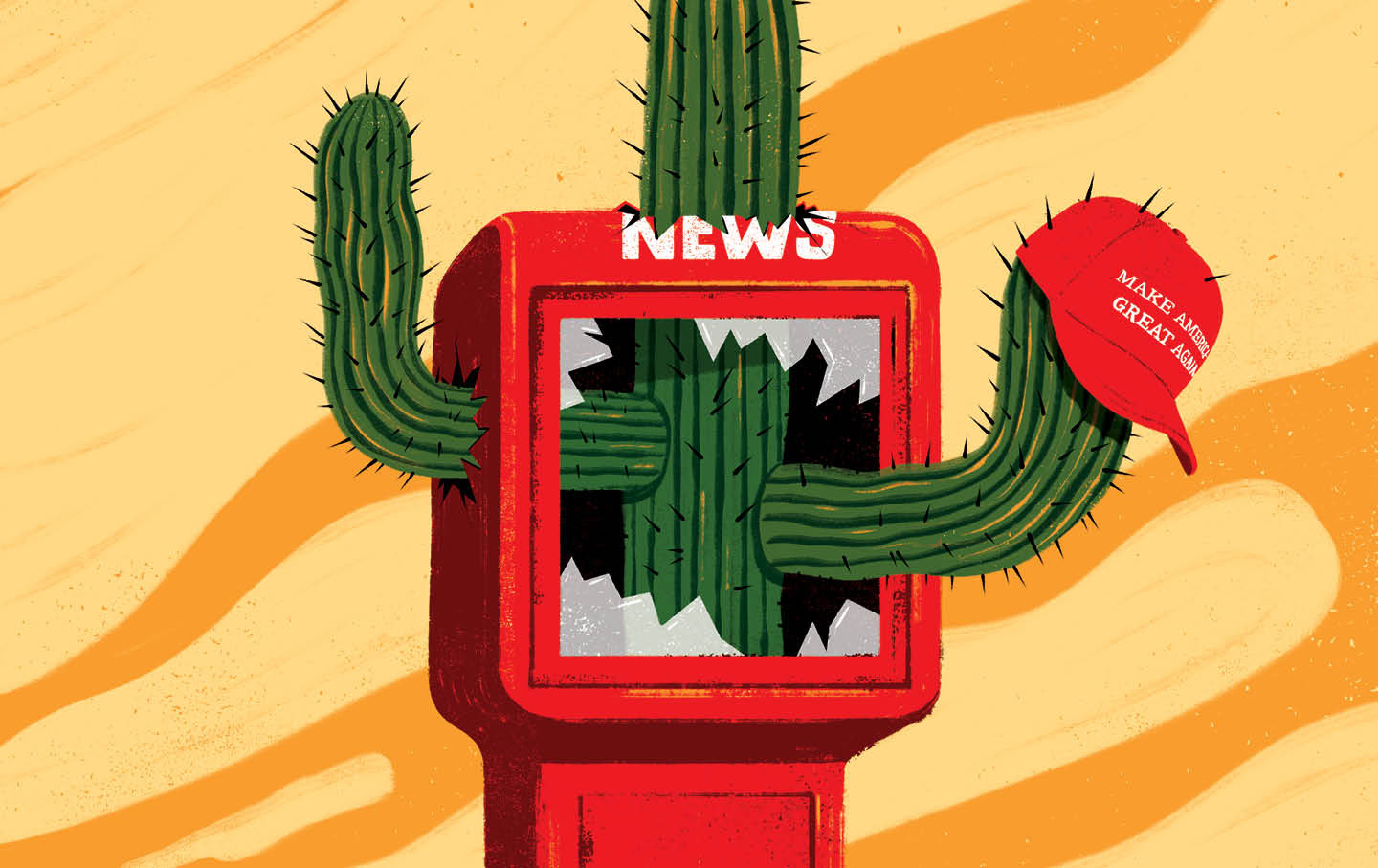
Local news organizations have been absolutely destroyed. There are so, so many reasons for this, but the most important ones include reduced funding for professional journalism, right-wing media conglomeration, and the collapse of the traditional news business model.
Let's talk business models for a second. In the past, you'd pay a low recurring fee to have the newspaper delivered to your building or house. That newspaper would come with advertisements and classified listings that would supplement the paper's costs. The more widely distributed your newspaper, the more you could charge for ads/classifieds, the more sustainable your business.
Then the internet happened. Or more specifically, Google happened. Google became the sole middle entity for advertising on the internet, serving ads to practically every news org both large and small. With this monopoly, they have been able to squeeze as much profit out of serving their ads as possible. This also disrupts the incentives of news organizations. In order to maximize the revenue they get from Google, online news platforms are forced to produce increasingly sensationalist, under-reported, emotionally engaging slop for people to click on.
In the last few years, the more well equipped news orgs like The New York Times or The Washington Post have pivoted. They have conglomerated news outlets, as in NYT's purchase of The Athletic. They have increased the cost of their subscriptions and put most of their work behind paywalls. They have produced more sponsored content, in which whole articles are dressed to look like news but are actually advertisements. They have creating gaming platforms. Their opinion columnists have put out the stupidest, most rage inducing bait to drive traffic.
Where does this leave smaller local news orgs? The ones without name recognition. The ones who might never have had full time staff except for maybe one kook who just loved doing it?
Who is currently on the ground in Western North Carolina or central Florida combatting storm misinformation? Not because they are a coastal New York Times transplant but because they are a member of the community?
In order to reverse course on this, we must (must) (MUST) invest in public media. We must re-invigorate the National Endowment for the Arts that gave us myriad public access media institutions like Sesame Street. We must offer grants and lenient tax incentives for the founding of non-profit news organizations like Gothamist. We must empower journalists exiting universities in the country's biggest metropolises to get paid and have editorial support in small localities across the country.
Technology has made it easier to distribute ideas, and standing up an online publishing institution comes with so many fewer barriers of entry than it used to (for better and for worse). We must leverage the power of local government and local organizing to bring back the type of engaged, empathetic local reporting for which this country used to lead the world.
Mini ISPs
It is taken as a given that there are a small class of internet service providers who get to pipe connectivity to our homes. You know their names, they are some of the country's biggest companies both in revenue and in employment.
Depending on where you live, you may only have one single choice for your internet. In my case, my building is exclusively wired for Comcast's Xfinity service. In fact, I even tried to get Frontier but they came all the way to my apartment to tell me that they couldn't offer me service.
Without getting into the weeds on why these regional ISP monopolies are bad, I invite you to consider the problems that come with enormous national conglomerates having control over the way people interact with products, connect with others, and spend their time.
For example, compare the experience you might have buying a TV from Target with buying the TV from Uncle Tony's Ye Olde Electronic Shoppe. We've come to understand that smaller, more locally owned operations tend to treat their customers with more dignity, tend to be more responsive to community needs, and tend to be more knowledgeable on the goods or services they provide. And they have incentives to! The Target down the road is turning over staff, the dollars you're spending there are mostly going to corporate in Minneapolis, and they likely don't have someone working there with the expertise of Uncle Tony who has been hawking his electronics for a generation.
These same things can be true of internet service providers. By funding mesh networks and establishing locally owned and operated means for high speed internet, the very nature of connection between people is brought to a local level. Imagine, for a moment, knowing the name of the person who is in charge of your ISP. Plus, since it's unlikely that Aunt Judy's Internet Company is a mega corporation that also owns NBCUniversal or something like it, you could end up paying way less!
After taking this step we can also begin to imagine hitching the development of local news and arts to the mini ISP wagon. This, after all, is similar to how cable started in the 70s/80s anyway.
And for what it is worth, this is not a far fetched notion. There are communities already doing this. Here is an example:
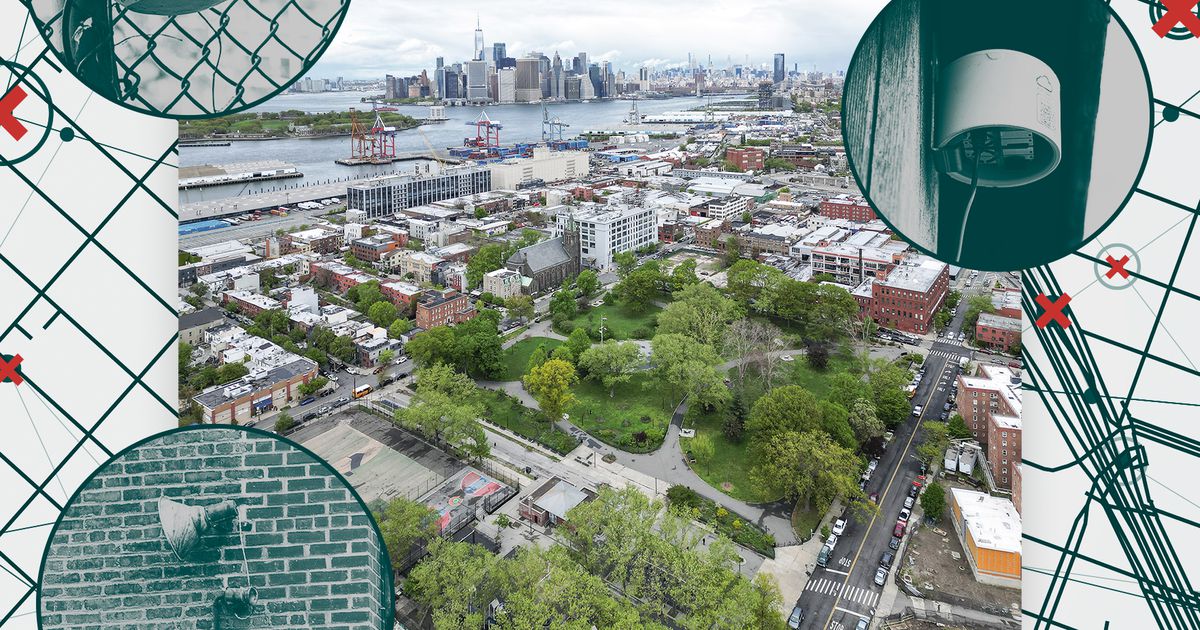
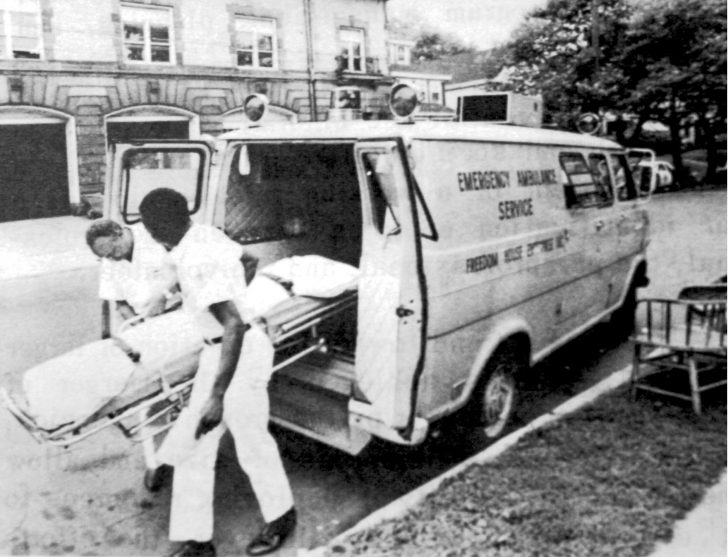
Educational Programming
The last way I think we can leverage technology to foster community engagement is through education and collective technical spaces.
We must improve tech and media literacy across the globe. While I have not stepped foot in a public school since 2014, I can speak from my experience that my schooling did not readily equip me for the insane quantity of information that would be sprayed at me like a firehose daily.
Misinformation, disinformation, and just plain old information circulates in historically unprecedented ways. Throwing our hands up and lamenting that we "can't believe anything we see" as AI and bad actors infiltrate our lives is not only inaccurate, but also does not do a service to future generations that will need to have the tools and presence of mind to deal with it.
It is no surprise that the world's most far reaching accelerations in communications technology - radio and mass media in the first quarter of the 20th century, the internet and social media in the first quarter of the 21st century - have both resulted in surges of fascism. Fascism thrives off of propaganda, messaging, antagonistic narratives, and the collapse of nuance. Fascism, nationalism, anti-immigrant ideology, racism, anti-semitism, climate denialism; these are facets I see as part of a large scale illiteracy problem. Not with the written word, but with information, with rhetoric, with symbolism. With understanding when you are being told and sold a story.
On a local level, on a face to face level, in rooms with real live human beings, we need programming that helps people begin to untangle this mess we've made. We need empathetic, informed, literate individuals who can walk groups from the reactionary, flinching ways we go online today to a more nuanced, settled path.
Signing off
By the time you're reading this, I will either be in the throes of euphoria, having watched my New York Mets knock the Philadelphia Phillies out of the playoffs, or in a state of indigestive unease as the NLDS goes back to Philadelphia for Game Five on Friday.
But just so everyone is aware, I still managed to meet my deadlines despite about 86% of my attention going to my Amazins.
In Grimace We Trust. Talk soon!











